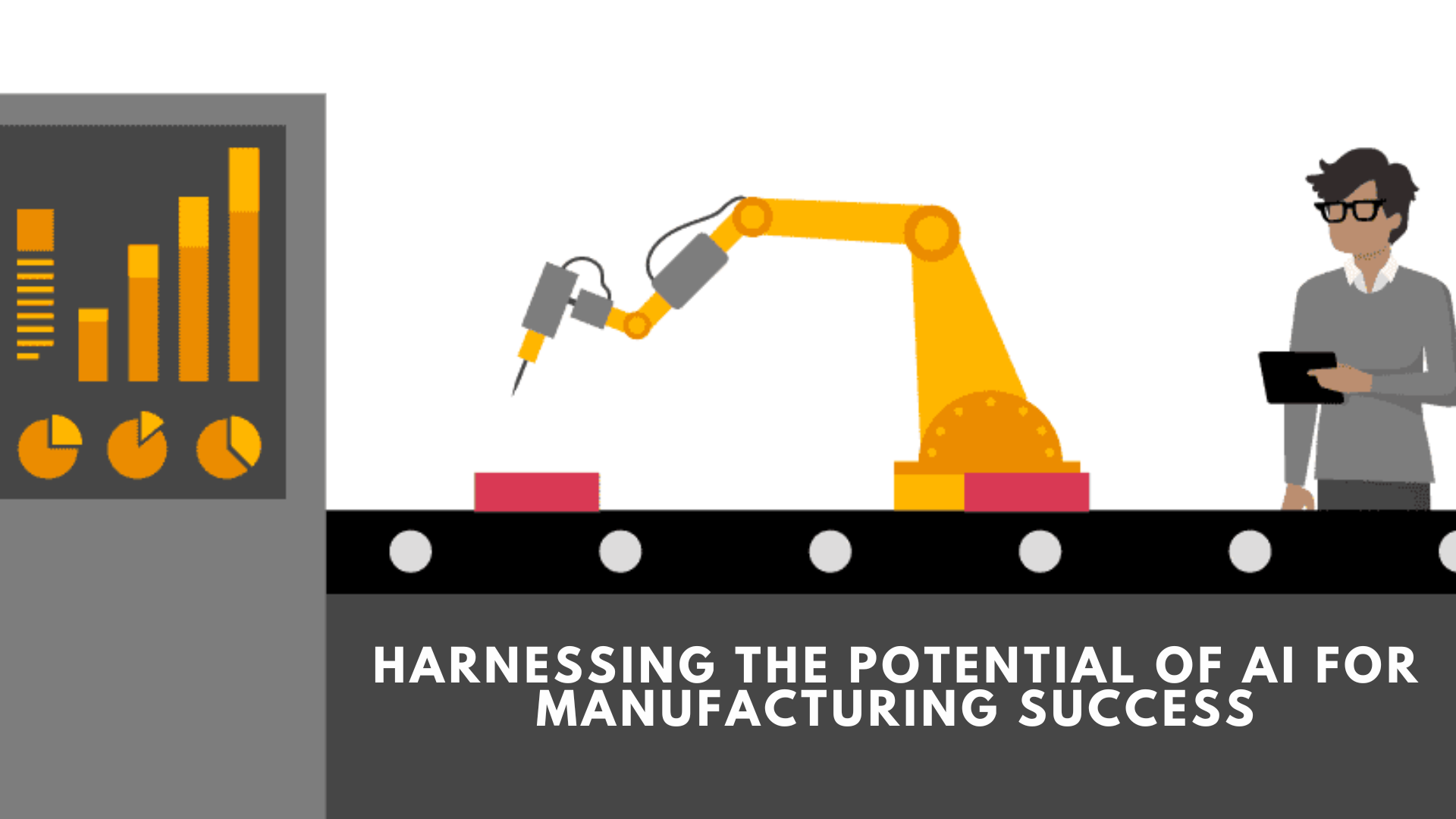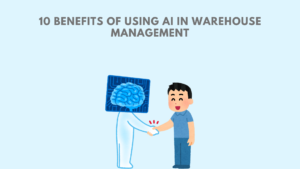In the world of manufacturing, efficiency is key. From optimizing production processes to ensuring quality control, every aspect of the manufacturing journey impacts the bottom line. In recent years, one technology has emerged as a game-changer in this arena: Artificial Intelligence (AI). By harnessing the potential of AI, manufacturers can unlock new levels of productivity, innovation, and success.
The Rise of AI in Manufacturing
Gone are the days when manufacturing was solely reliant on manual labor and traditional methods. Today, AI is revolutionizing the industry by offering advanced solutions to age-old challenges. Whether it’s predictive maintenance to prevent costly breakdowns, autonomous robots streamlining assembly lines, or predictive analytics optimizing supply chain management, AI is reshaping every aspect of manufacturing operations.
Enhancing Efficiency and Productivity
At the heart of AI’s impact on manufacturing lies its ability to enhance efficiency and productivity. By analyzing vast amounts of data in real-time, AI-powered systems can identify patterns, predict outcomes, and optimize processes with unprecedented accuracy. This translates into reduced downtime, increased throughput, and ultimately, higher profitability.
Take predictive maintenance, for example. By leveraging AI algorithms to analyze equipment performance data, manufacturers can anticipate maintenance needs before they arise, minimizing unplanned downtime and maximizing asset utilization. This proactive approach not only saves time and money but also ensures smoother operations and improved overall equipment effectiveness (OEE).
Driving Innovation and Quality
In addition to streamlining operations, AI is driving innovation and raising the bar for quality standards in manufacturing. Machine learning algorithms can analyze product data to identify potential defects or anomalies, enabling manufacturers to take corrective action before products ever leave the production line. This not only reduces waste and rework but also enhances customer satisfaction and brand reputation.
Moreover, AI-powered design tools are enabling manufacturers to create more innovative and optimized products. By simulating various scenarios and iterations, these tools help engineers identify the most efficient designs, leading to faster time-to-market and competitive advantage.
Empowering Human Capital
Contrary to popular belief, AI is not here to replace humans in manufacturing; rather, it’s here to augment their capabilities. By automating repetitive tasks and providing actionable insights, AI frees up human workers to focus on more strategic, value-added activities. This not only boosts employee morale and job satisfaction but also fosters a culture of continuous learning and improvement within the organization.
Furthermore, AI-driven decision support systems empower frontline workers with real-time information and recommendations, enabling them to make better-informed decisions on the shop floor. Whether it’s optimizing production schedules, managing inventory levels, or troubleshooting equipment issues, AI equips workers with the tools they need to excel in their roles.
Overcoming Challenges and Embracing Opportunities
Of course, integrating AI into manufacturing is not without its challenges. From data privacy and security concerns to the need for upskilling the workforce, there are several hurdles that manufacturers must overcome on their journey towards AI adoption. However, the benefits far outweigh the challenges, and those who embrace AI stand to gain a significant competitive advantage in the market.
As we look to the future, the potential of AI in manufacturing is limitless. From personalized products and mass customization to sustainable manufacturing practices and smart factories, AI will continue to drive innovation and reshape the industry in ways we’ve yet to imagine. By harnessing the power of AI, manufacturers can unlock new levels of success, efficiency, and sustainability, paving the way for a brighter future for the industry as a whole.









